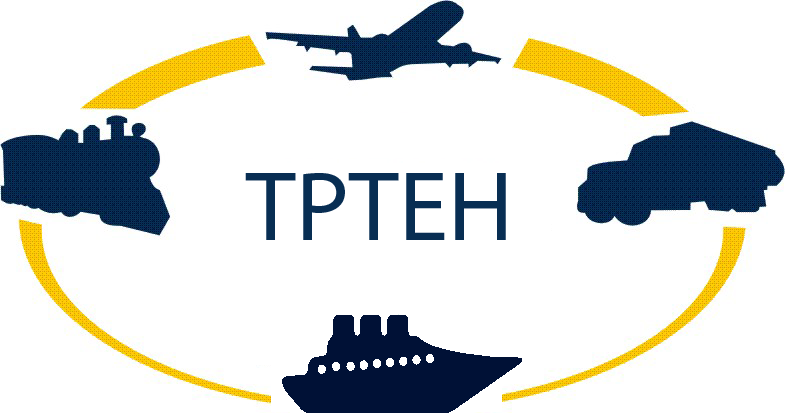1 – Abbas K. A., Saleh A. E., and Bahgat A. (1992) Towards Market Economy: Past Present and Future Policies in the Intercity Bus Transport in Egypt. Proceedings of 20th Planning and Transport Research and Computation (PTRC) Summer Annual Meeting, Seminar J: Financing Transport Infrastructure: Transport Organisation in Market Economies, Manchester, UK, pp. 129-147.
Abstract:
The Egyptian transport industry is undergoing substantial changes within the framework of the national economic reform programme. There is a tangible move towards deregulation and privatisation. The current position could be mainly described as a relaxation of the controls over nationalised transport companies and a loosening of the administrative regulation. The changes are meant to restructure public transport companies and transform them into market-oriented companies. This paper reviews the intercity transport policies in Egypt with emphasis on the intercity bus transport.
This article may be used for research, teaching and private study purposes. Any substantial or systematic reproduction, re-distribution, re-selling, loan or sub-licensing, systematic supply or distribution in any form to anyone is expressly forbidden.
2 – Abbas K. A. (1993) Performance Measures Used for Comparing the Achievements of Passenger Transport Companies in Egypt. Proceedings of 3rd International Conference on Competition and Ownership in Surface Passenger Transport, Workshop No. 4: Planning and Analysis. Toronto (Mississauga), Ontario, Canada, pp. 377-390.
Abstract:
In light of the current deregulation of the transport industry in Egypt, this paper explores the different types of performance indicators that are used in the evaluation of the yearly achievements of the intercity passenger transport companies in Egypt. The paper presents and compares the performance of these companies over the financial year 91/92. It stresses the importance of some financial and operational performance measures. It suggests the inclusion of other performance measures that are meant to guide the mangers of these companies to steer the companies safely towards reaching more stable grounds and conditions that can encourage and instigate profit making.
This article may be used for research, teaching and private study purposes. Any substantial or systematic reproduction, re-distribution, re-selling, loan or sub-licensing, systematic supply or distribution in any form to anyone is expressly forbidden.
3 – Abbas K. A. (1994) Policies for Improving Operational Profitability in Intercity Bus Companies in Egypt. Proceedings of the 7th International Conference on Travel Behaviour, Workshop 6: Transport Management, Volume II, Santiago, Chile, pp. 815-826.
Abstract:
Abstract:
The paper starts by laying down the current organisational scene within which transport companies in Egypt operate. The main objective of transport companies is to maximise profit. Intercity bus companies are accountable for the financial profitability they produce. This paper presents two important financial indicators, namely the operating ratio and operational profitability. The paper considers some of the elements leading to the generation of these financial ratios. In doing so, it disintegrates operating cost into its different components establishing their relative weights. Costs and productivity of staff as well as of bus kilometre are examined. Problems related to age and mark composition of intercity bus fleets are explored. An analysis of the sensitivity of operational profitability to reductions in operational cost components is presented. In light of the current deregulation of the transport industry in Egypt and based on the potential issues raised in the paper, the core of the paper suggests a set of policies aimed at reducing operational costs and increasing operational revenue in the intercity bus companies in Egypt, thus improving the operational profitability in these companies.
This article may be used for research, teaching and private study purposes. Any substantial or systematic reproduction, re-distribution, re-selling, loan or sub-licensing, systematic supply or distribution in any form to anyone is expressly forbidden.


